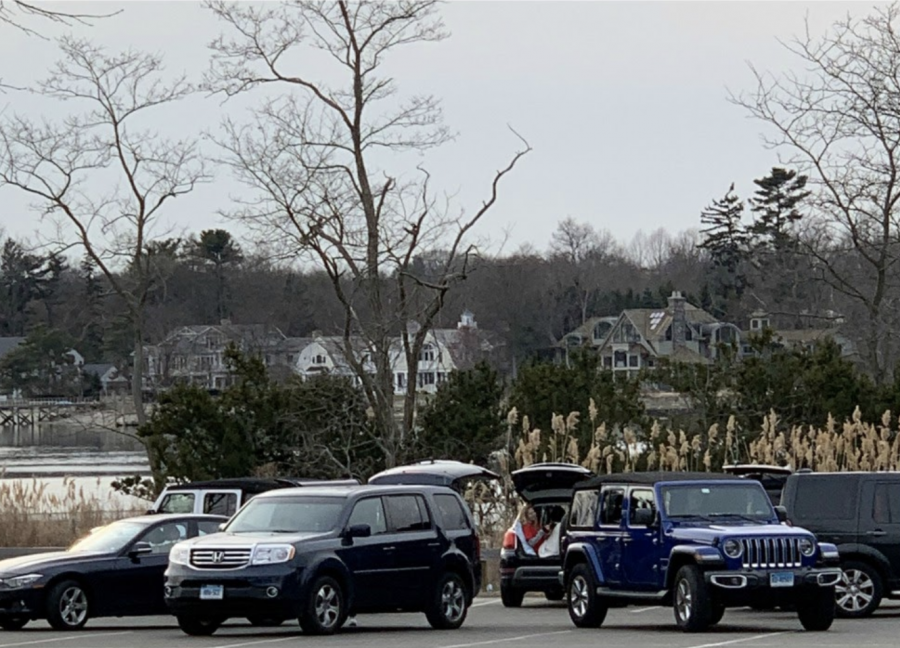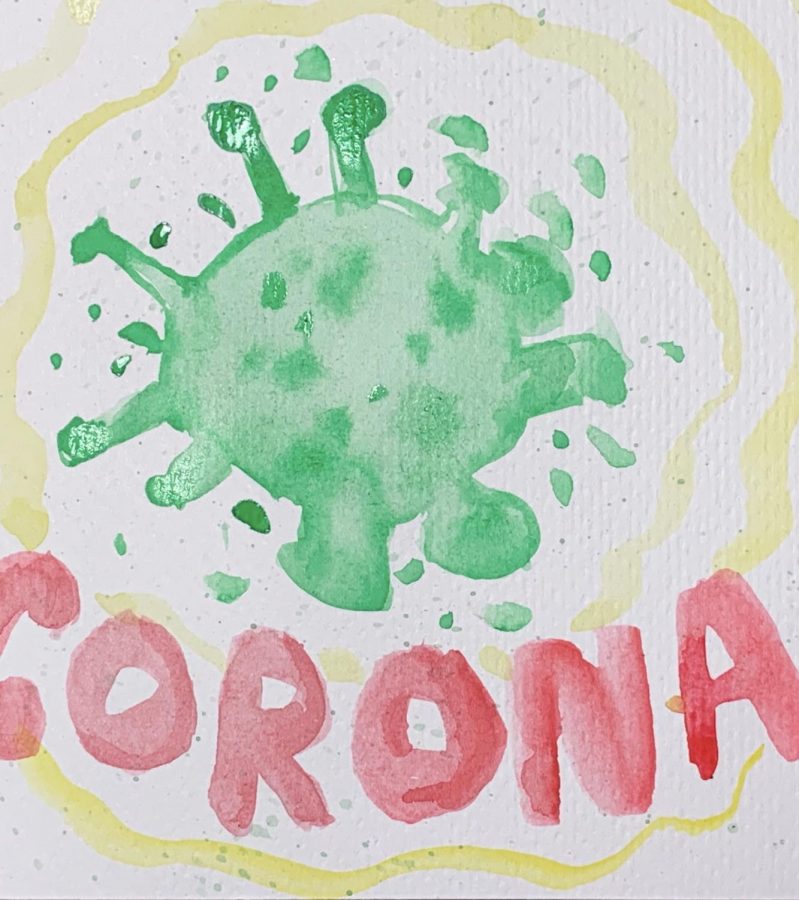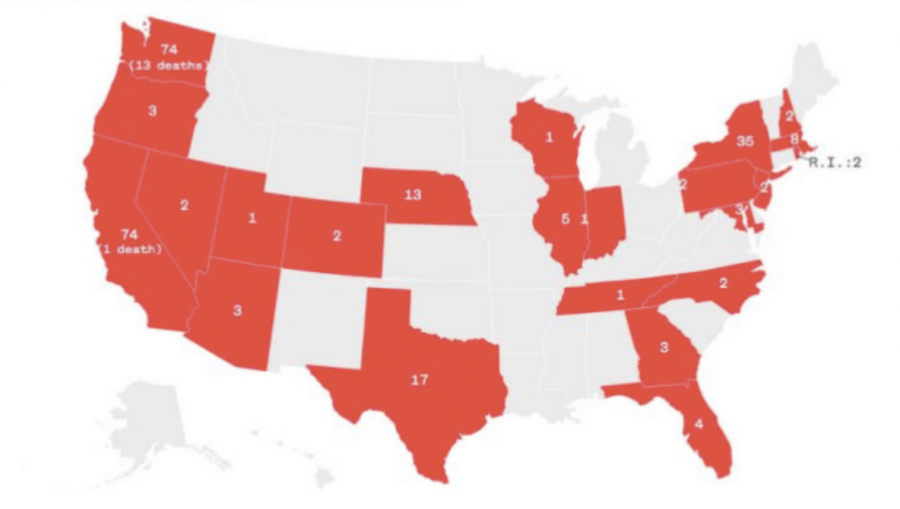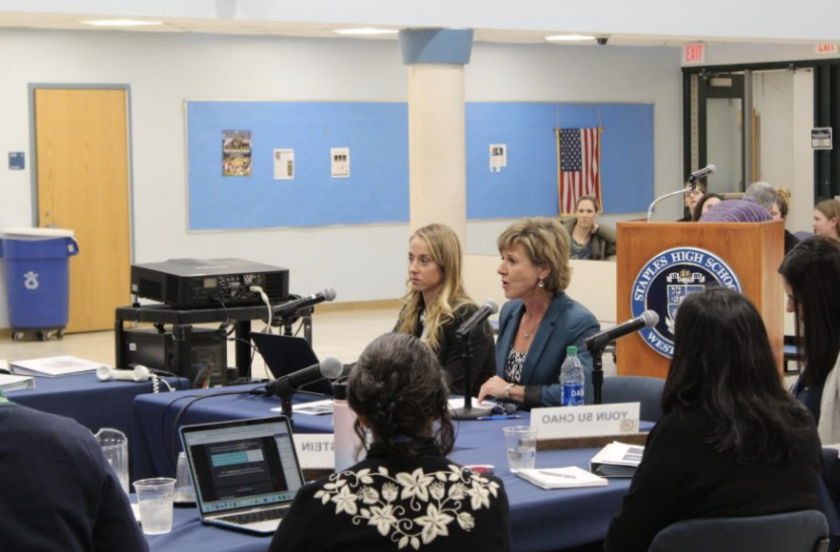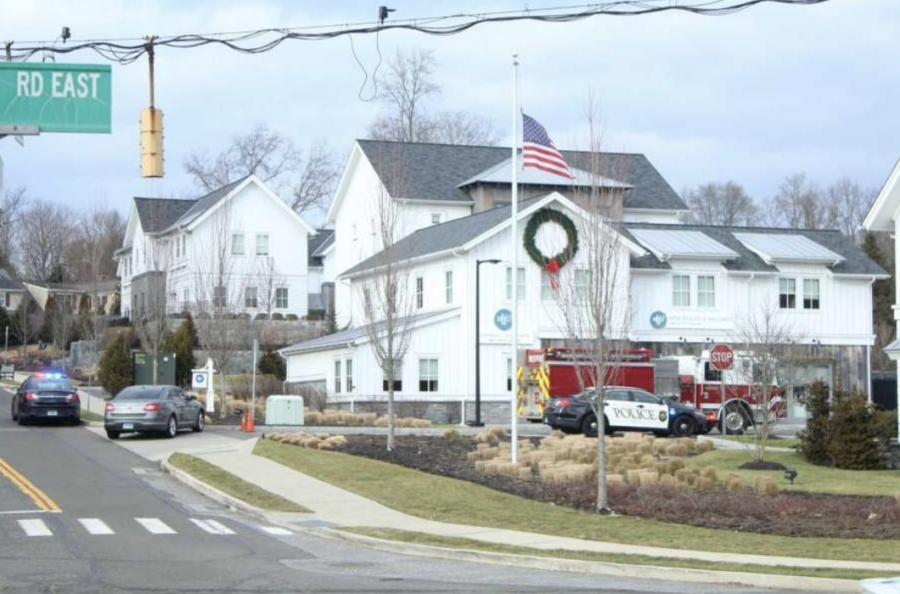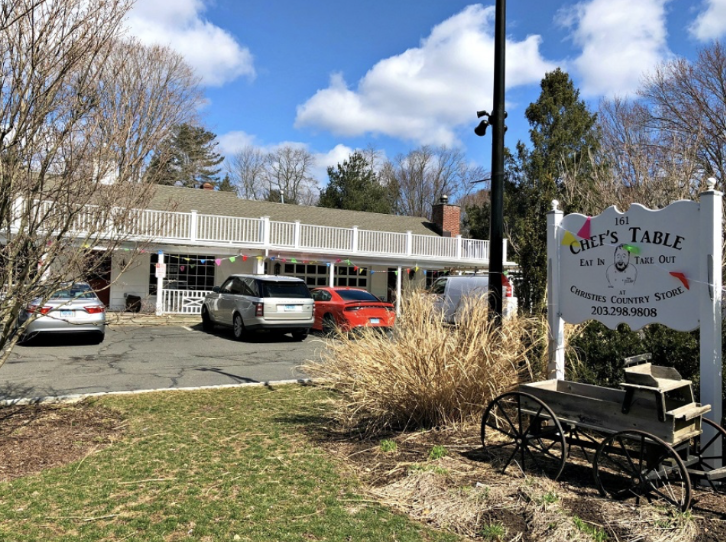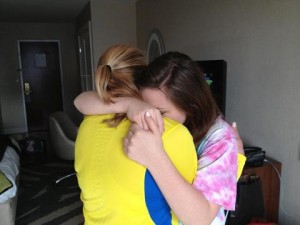
April 15, 2013. The day of the 117th Boston Marathon and a well-renowned Patriot’s Day, celebrating Boston’s unique history—two of Boston’s most cherished events, settling upon one day. Excitement and pure happiness filled the streets. Wherever you walked, you were greeted with smiling faces and cheery dispositions. The aura of the city was incredible.
Nobody would ever imagine that this day, one of the happiest days of the year for Bostonians, would soon turn very, very grave.
My dad, my grandparents, and I had been waiting at mile 22 to see my mom earlier that day. Unfortunately, she’d passed without seeing us there, cheering her on. We were on the T (Boston’s subway system) back to the finish line when my dad received a text from my mom saying her time, “Finished, 4:07.”
Our happiness for her was interrupted when she sent, just two minutes later, “Two bombs just went off by the finish.”
My dad looked at me, puzzled, showing me the text. Just after I read the last word, the train went underground and we lost service. My dad and I sat nervously, hand in hand, a million questions running through our minds.
Copely Station had been closed all day since it was right next to the finish, and the volume of people was too high to accomodate everyone at one stop. We decided to get off at Hynes, the stop before Copely. As the train came to a stop, the conductor announced, “Everybody evacuate the train, immediately!” And that’s when it hit us.
It must be true.
As everyone rushed off the train and out of the subway, I clutched my dad’s arm tightly. On the street, a state of nervousness and confusion erupted. My dad got another text from my mom, “I am OK.” Relief hit us harder than the raw Boston air. He called her immediately afterwards, and she told him she was going to the hotel and that she would meet us there.
But getting there for us was the hard part: we had to go across the street that the bombings had erupted on just moments prior.
We frantically walked up a block and were faced with blockades and cops yelling at us to turn around. “It’s not safe to be here, everybody turn around!” he yelled furiously. My dad opened his mouth to ask a question, but the cop screamed again, this time something that will stay in my mind forever.
“REMEMBER NINE-ELEVEN?! YEAH, RUN!”
It was everything about that moment. The look of panic on his face, the ferocity of his voice, his arms frantically waving us back. And with that, we turned around and hurried in the other direction. My dad’s arm was still tight in my grip, and he held me close as we wove through the waves of crying people.
How is this happening on the same day? We were no longer greeted by the happiness and joy of the Boston people. Instead, we were haunted by shrill screams and crying faces.
My heart pounded against my chest as we searched for where to go. If we couldn’t get back to our hotel, what were we going to do? Sirens blared nonstop through the streets. 2, 4, 6, 8. Were we being attacked? Another bomb could erupt anywhere, at any moment. 10, 12, 14, 16. A woman wept on the phone. A marathoner limped, her arm around a tall man. 18, 20. A cop screamed to evacuate. 22. My knees were buckling.
“Where are we going?” I asked my dad, searching for an answer in his face. “I… I don’t know. I don’t know where to go,” he said.
I couldn’t stop the tears. My dad always knows what to do. Parents always know the answers. The city was in chaos. Helicopters puttered vociferously above us. We walked down toward the bridge, a walk that seemed never-ending. When we finally got down to the bridge, we decided to trail along the water, which was on the outskirts of the city. The plan was to walk around the whole chunk of marked-off streets to get to the other side of the finish, where our hotel was located.
The walk by the water was cold, partly due to the weather but largely to the distress in the air. Our phones blew up with messages and calls asking if we were okay; some calls I didn’t even recognize.
After an hour of walking, we crossed the bridge and headed towards our hotel. The police and National Guard were standing in the front, and we had to show our room keys before getting inside.
I had never been so happy to see my mother. It was a reunion filled with tears and thankful sobs, reminded of what could’ve been. One slight upset in her route—stopping at any point—could’ve put her in the middle of it. I couldn’t help but think that if she’d seen us and stopped to say hello as planned, she could’ve been seriously injured.
It’s a scarring memory that I’ll never forget. That day, that historic day for the people of Boston, is forever ruined. It will no longer be the cheerful day as it was once remembered, but instead will be perennially haunted by the tragedy that plagued the city.
Innocent people died that day, and hundreds have horrible sights burned into their memories that they will never, ever be able to un-see.
But our world is not bad. For every one person who plants a bomb, there are hundreds more running a marathon. For every one person killing, you have thousands more donating blood, offering prayers, and volunteering their time.
That’s why, while some people may be struggling to un-see what happened, I choose to see it—all of it—for the overwhelming good that stemmed from so much evil.
Things like this are the fault of single individuals who make violent, loud statements. We just have to make sure that the statements of the good are louder.
April 15, 2013. The day of the 117th Boston Marathon, a well-renowned Patriot’s Day, and, at least for some of us, a change of perspective.














































